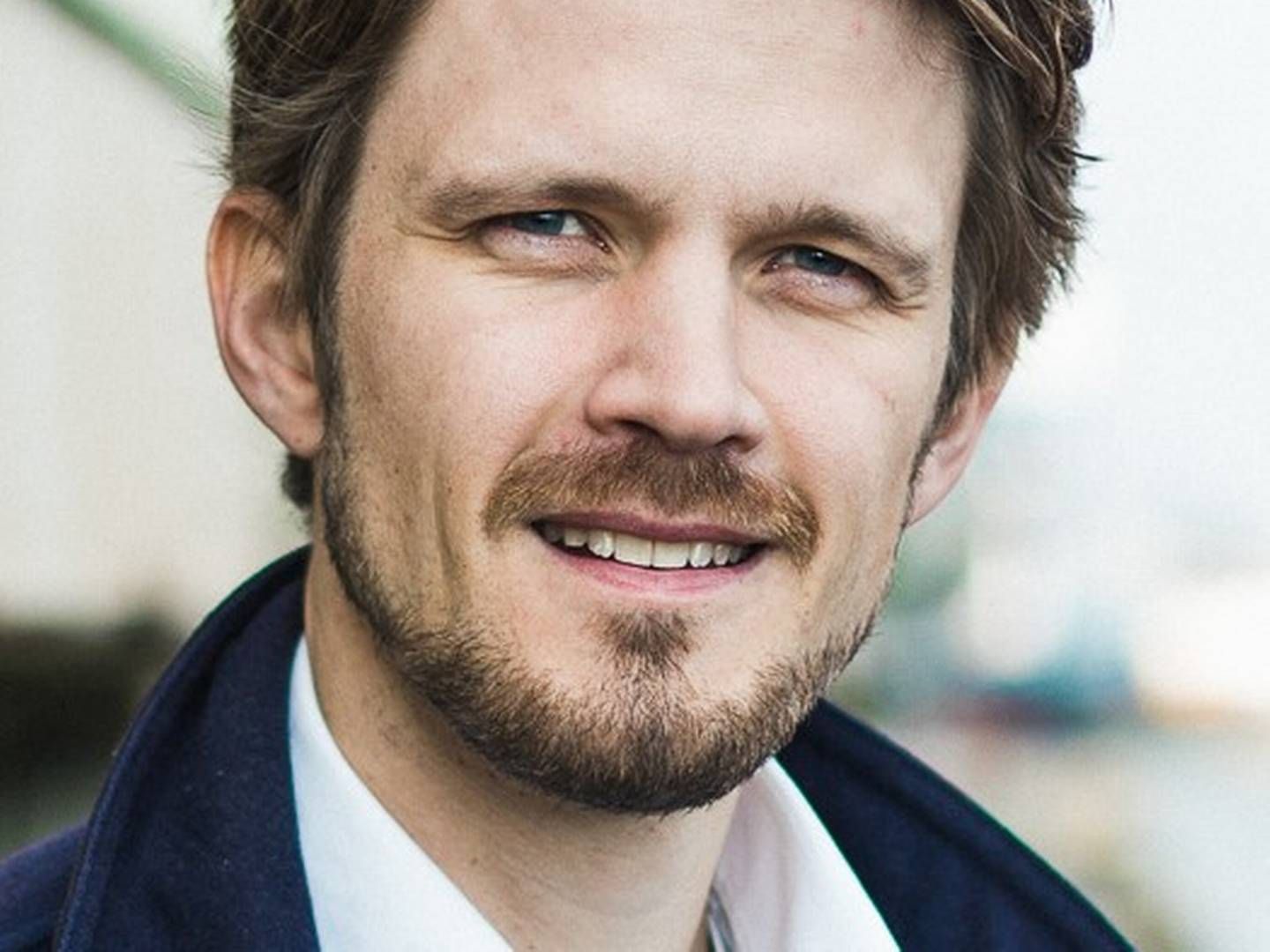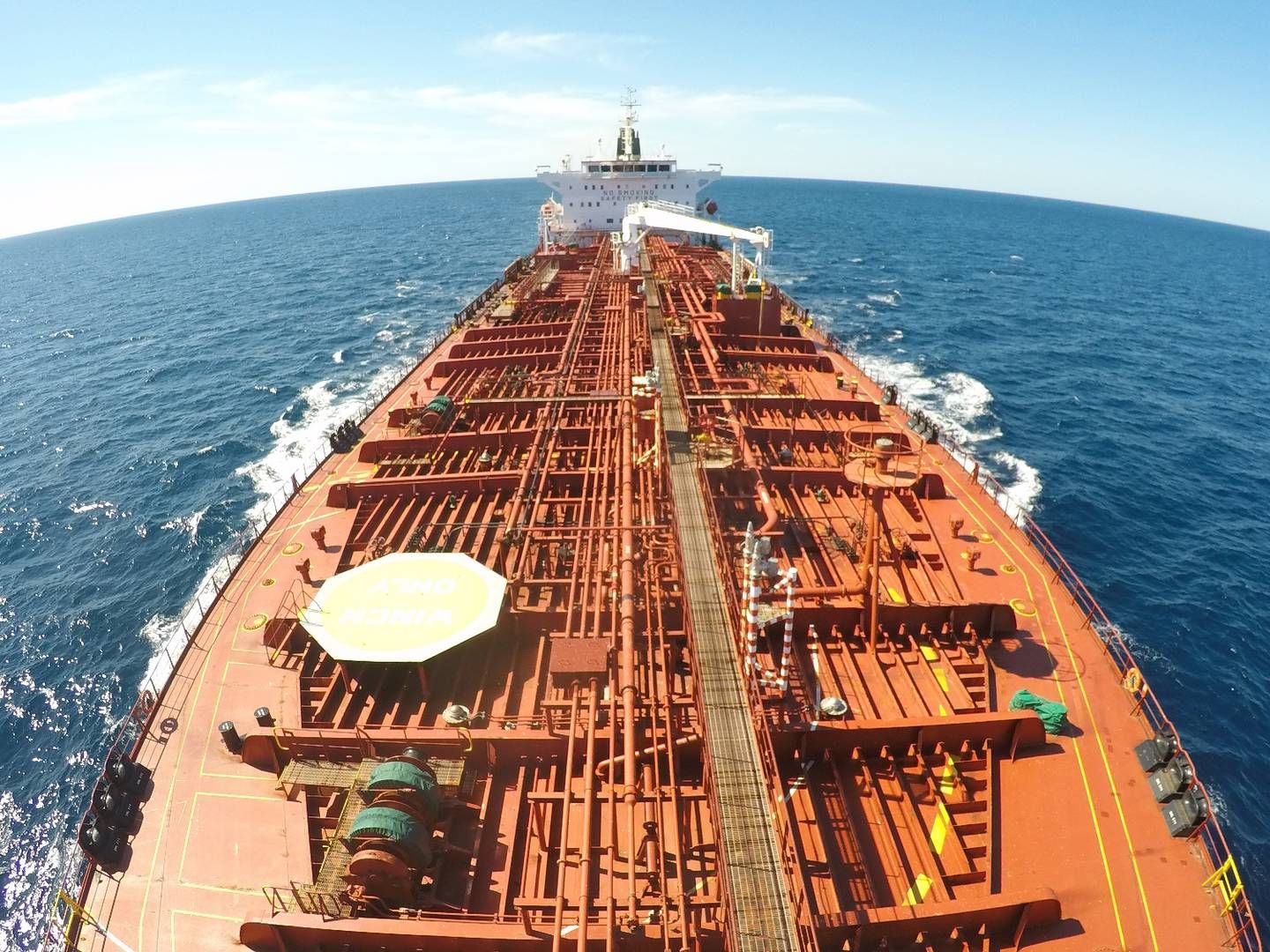Flagship Founders incubates startups with digital solutions for shipping

While large container shipping companies are spending millions on digitalizing their fleets and business, smaller shipping companies and shipowners are struggling to keep up with the digitalization of shipping.
German company Flagship Founders has set out to turn this problem into a good business.
Based in Berlin, home to a thriving German IT cluster, Flagship Founders is a so-called company builder that creates startups with business plans based on digital solutions for shipping.
”The initial thought was: ”Let’s bring innovation – and especially digital innovation – to the maritime industry”,” says Fabian Feldhaus, co-founder and managing director of Flagship Founders.
Since its inception in May 2020, Flagship Founders has launched four new startups offering digital solutions for shipping. These are digital solutions to improve the operation of ships: streamlining operations, managing crews, managing ships’ CO2 emissions and optimizing arrival times.
”From the beginning, we didn’t want to focus on the container shipping companies. These players are advanced when compared to the more SME-orientated industry of dry bulkers and tankers in the classic tramp market,” says Feldhaus.
Therefore, Flagship Founders focuses instead on the undergrowth of small and medium-sized shipping companies and shipowners, of which there are many in Europe.
Even mid-sized shipping companies are often too small to create digital solutions, explains Feldhaus, referring to Flagship Founder company Tilla, which sells a crew management system.
”There are some medium and larger shipping companies with the technical capabilities to do it themselves,” he continues:
”But even if a crew manager had the technical skills, they would be too small to make it work on their own because it’s too much work and would take years to pay off.”
Scouting for problems
Unlike venture funds that invest in startup companies, Flagship Founders’ business model is based on founding the companies themselves.
This is done through a very thorough three-phase process to ensure that the new startup companies Flagship Founders launch have a marketable product and a market large enough to support the new company.
In the first phase, the Flagship people talk to a large number of people in the shipping industry and create a catalogue of problems from the conversations.
In the second phase, Flagship Founders draw on a network of shipping companies and shareholders in a dialogue that helps identify problems that can potentially be solved digitally. The network includes shipping company Laeisz in Hamburg.
“It is very fascinating when you bring these people together in a safe environment, where they are open to share their thoughts and their pain points. Very interesting things happen then,” says Feldhaus.
In the third and final phase, Flagship Founders investigate whether it is possible to build a product that solves the shipping problem the company has chosen - and whether there is a big enough market.
”We do a lot of validation, and for each venture I personally talk to more than 100 people in the industry. Not every potential solution is suitable for creating a great company,” he says, emphasising that at every stage, it’s important that Flagship Founders is an independent partner.
”For us it is very important that we are independent and are seen to be independent. So people don’t say: ”They are a daughter company of my biggest competitor”,” says Feldhaus.
No project phase
Once Flagship Founders have thoroughly analyzed and validated the problem, solution, market and product and see an opportunity, the company launches a new startup.
”There is no project phase,” says Feldhaus and adds:
”We invest money, we find the right people to build the product and to sell it. And then usually within the first six months we develop a so called minimal viable product that is the smallest version of this digital product that the customer can use and will pay for.”
Once the minimal product is ready, the startup continues to develop its solution in close collaboration with three to five maritime companies. At this point in the process, Flagship Founders also starts to involve external investors so the startup can develop its product.
”I would say digital products that we develop are never finished. Our solutions are always in development,” says Feldhaus.
For example, Flagship Founders’ third startup, Zero44, has just launched a solution that helps shipping companies optimize operations in relation to the EU’s CO2 quota system, ETS.
Exit-driven strategy
For Flagship Founders, the ultimate goal is to sell off the startups once they have reached a certain size after at least five years. Flagship will make its profit by retaining shares in the companies until they are sold off.
”All of our ventures are so-called exit-driven, so we start them to sell them sooner or later to potential buyers, hopefully with a plus,” says Feldhaus.
”We will start looking to exit after five years at the earliest. We don’t have to let them go,” he adds.



















